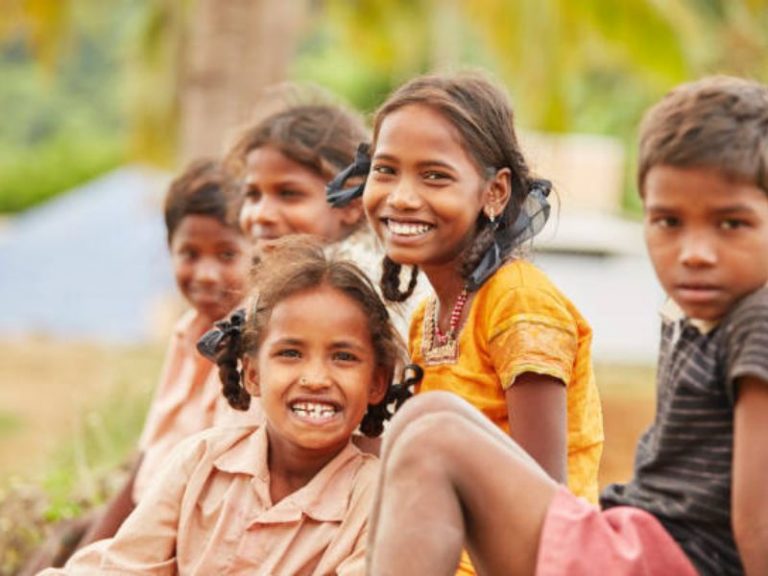No products in the cart.
Tamil Nadu: Early learning caveat
What is the most appropriate age for infants to be inducted into the formal education system? A 13-member committee constituted to formulate a state education policy (SEP), chaired by Justice D. Murugesan, a former chief justice of Delhi high court, is reportedly ready to prescribe a common age for admission into pre-primary learning.
Despite the Right of Children to Free & Compulsory Education (RTE) Act, 2009, prescribing the entry age for class I as six, the age for admission into class I of Tamil Nadu’s 39,300 government and government-aided schools affiliated with the Tamil Nadu Board of Secondary Education (TNBSE) and nearly 5,000 matriculation board schools statewide, is five years. With the ruling DMK government opposed to the National Education Policy (NEP) 2020 for various reasons including the compulsory learning of Hindi under the three languages formula and common entrance exams such as NEET, Tamil Nadu’s SEP is likely to prescribe a lower entry level age than NEP which mandates early childhood care and education (ECCE) at three years under the revised 5+3+3+4 system.
The Murugesan Committee is likely to recommend merger of the state’s 48,000 anganwadis — nutrition centres for newborns and lactating mothers established under the Central government’s Integrated Child Development Services (ICDS) programme — with government and matriculation schools. This means that professionally administered ECCE could begin much earlier than three years as recommended by NEP 2020.
Girija Devi, principal of Anna Gem Science Park Matriculation Higher Secondary School, Chennai, which has 1,400 students and 70 teachers on its muster rolls, welcomes the proposal to merge under-managed and under-resourced anganwadis with government schools because of the increase in nuclear families with both parents working. “Enrolling youngest children into formal schools is preferable to leaving them in unlicensed day care centres run by amateur housewives. If youngest children are inducted early into the formal education system where they receive professional care and informal education, they will be better prepared for primary education,” she says.
However, early childhood educators warn that the big danger of merging anganwadis with government schools is that youngest children can be prematurely pushed into formal reading, writing and numeracy. “If anganwadis are merged with government schools, they could lose their ECCE personalities and premature teaching of the 3R’s (reading, writing and ’rithmetic) could inflict stress and make youngest children learning averse as they grow older. Therefore, great care should be taken that anganwadis — and private preschools — shouldn’t transform into formal schools,” advises Prince Gajendra Babu, general secretary of the State Platform for Common School System, Tamil Nadu.
Fortunately, members of the Murugesan Committee are aware of the dangers of merging pre-primaries with the formal schooling system. “Optimal development of children necessitates youngest children learning joyfully at their own pace. One of the reasons for children’s poor learning outcomes in primary education is overburdening of infants. For a child’s cognitive development, play and learning through exploration and discovery is important. Therefore, the committee is likely to stress that youngest children should not be pressured into formal, especially rote learning,” says Aruna Rathnam, a former education and child protection specialist with Unicef, Chennai and member of the Murugesan Committee.
With the first SEP draft of the committee scheduled to be presented shortly for public scrutiny and debate, educators in the state are keeping their fingers crossed that the committee will give precedence to child-centric education rather than politics.
Shivani Chaturvedi (Chennai)
Also Read: Tamil Nadu: Dormant issue backlash















Add comment